In our review - 5 components with the help of whichyou will be able to clean, wash and wash as thoroughly as before, but safely, environmentally friendly and economically Compared to common household chemicals, natural products are safer, cheaper and cause less harm to the environment. In addition, the entry of antimicrobial substances into the sewer leads to an increase in the resistance of pathogens to such products, which leads to even greater expenditure of effort and energy to destroy them. Simple components that can be found in the kitchen or at the nearest supermarket will help you save nature and keep your home clean.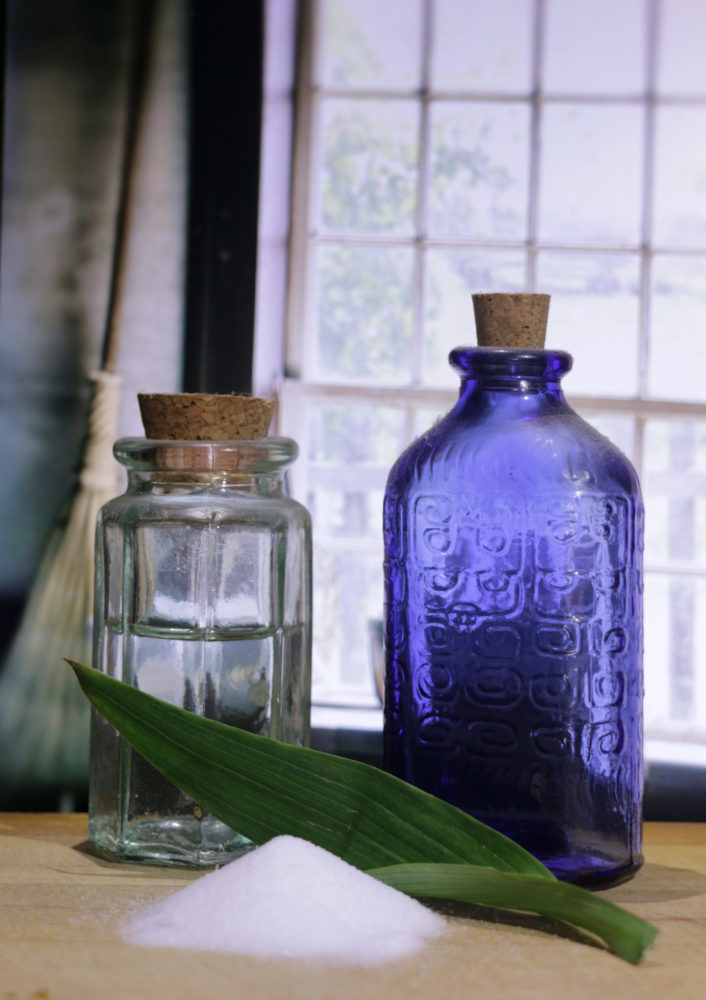 Vinegar Vinegar will successfully replace you, mirrors,tiles and earthenware. To give your windows a pristine appearance, wipe them with a mixture of one part vinegar and four parts water. Vinegar can also be used to remove limescale - to do this, moisten it with vinegar and leave for half an hour, after which it can be easily washed off with plain water. To enhance the effect, you can sprinkle the problem area with soda - the resulting bubbles will destroy the dense structure of the plaque.
Vinegar Vinegar will successfully replace you, mirrors,tiles and earthenware. To give your windows a pristine appearance, wipe them with a mixture of one part vinegar and four parts water. Vinegar can also be used to remove limescale - to do this, moisten it with vinegar and leave for half an hour, after which it can be easily washed off with plain water. To enhance the effect, you can sprinkle the problem area with soda - the resulting bubbles will destroy the dense structure of the plaque.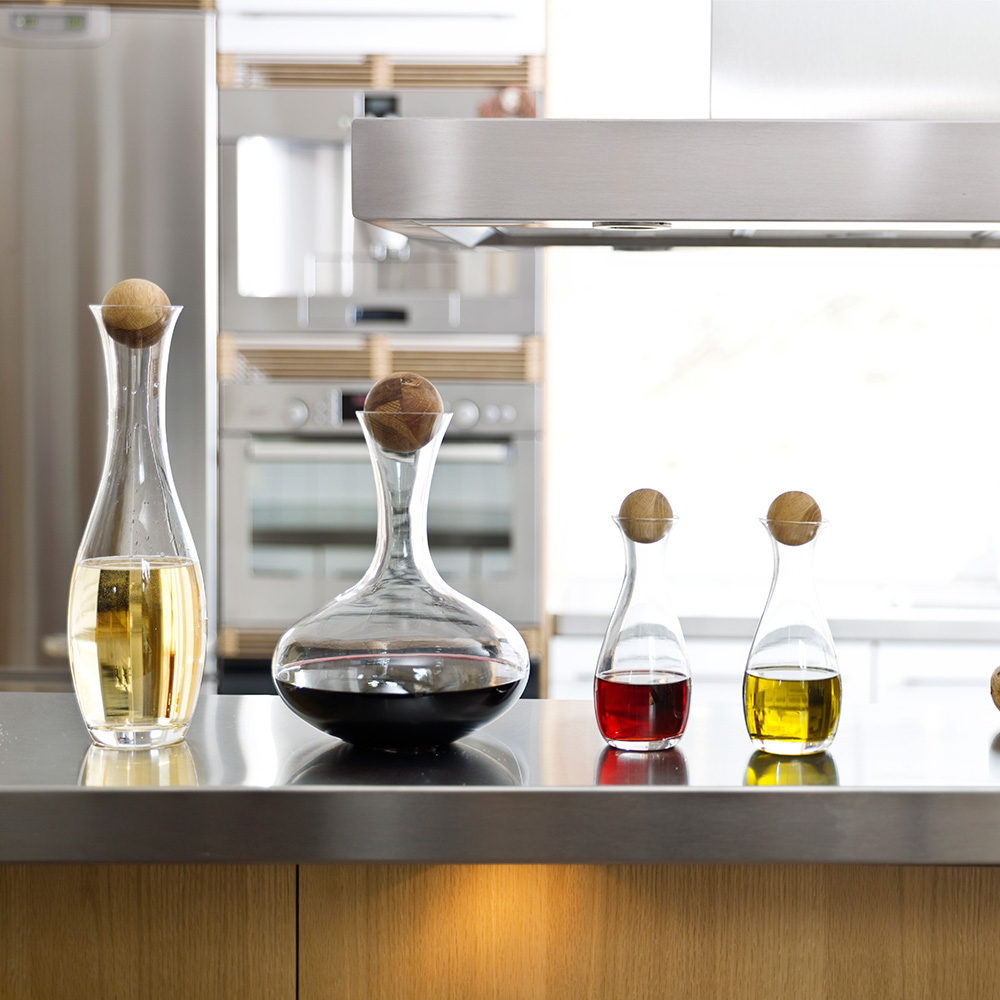 To soften clothes, you can use fabric softener instead.use vinegar, for which just half a cup of the latter is enough. Vinegar will also serve well in removing traces of labels on glass. The only drawback of vinegar is its pungent smell, which, however, quickly disappears. Soda Soda will become an indispensable assistant in eco-cleaning. It quickly and perfectly absorbs dirt. With the help of soda, you can easily freshen up the carpet - to do this, vacuum it, sprinkle it with soda (or cornstarch), and after an hour, vacuum it again. To maintain freshness in the refrigerator, put an open bowl or pack of soda - all odors will go away.
To soften clothes, you can use fabric softener instead.use vinegar, for which just half a cup of the latter is enough. Vinegar will also serve well in removing traces of labels on glass. The only drawback of vinegar is its pungent smell, which, however, quickly disappears. Soda Soda will become an indispensable assistant in eco-cleaning. It quickly and perfectly absorbs dirt. With the help of soda, you can easily freshen up the carpet - to do this, vacuum it, sprinkle it with soda (or cornstarch), and after an hour, vacuum it again. To maintain freshness in the refrigerator, put an open bowl or pack of soda - all odors will go away.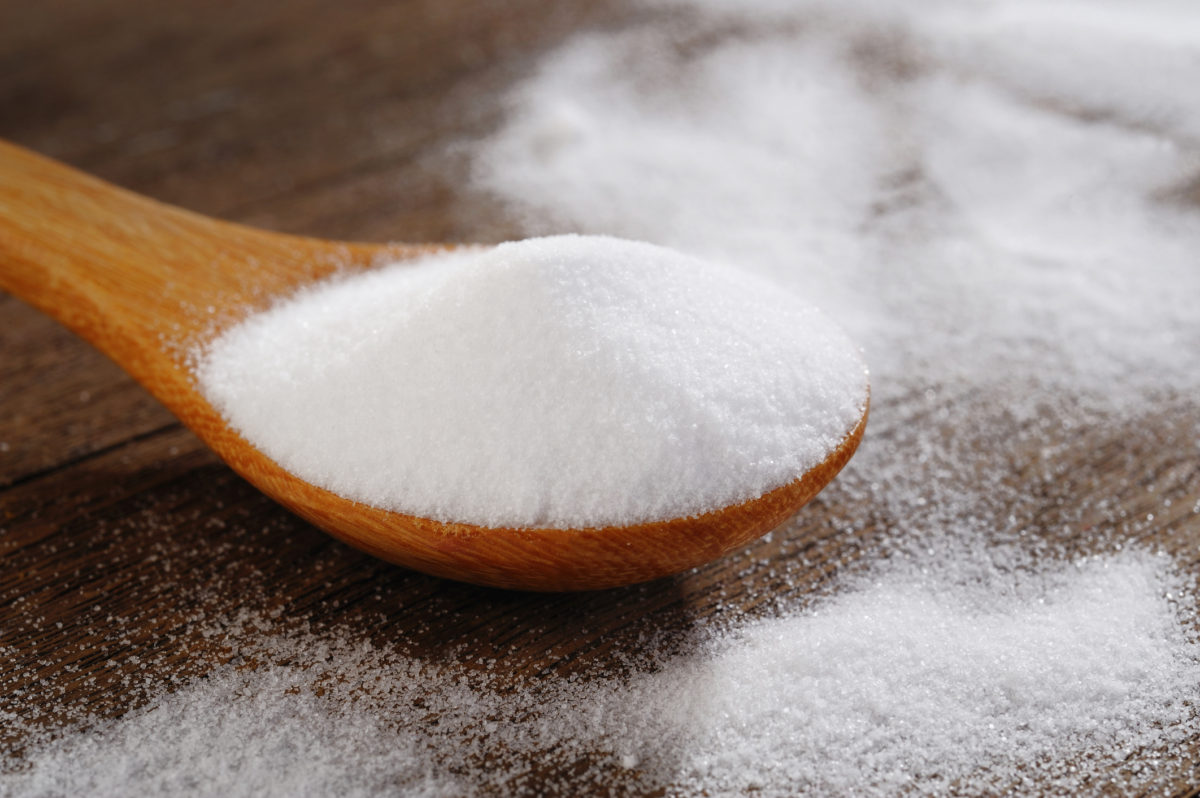 Soda effectively fights grease on dishes andstove, and by adding a couple of drops of water, you can get a natural abrasive material. Soda will wash your pots and pans no worse than dishwashing liquid, and your hands will suffer less than when in contact with ordinary detergents. Salt Ordinary table salt will help remove fresh wine stains - to do this, sprinkle the stain with salt and soak for half an hour before washing. Glass glasses and goblets will acquire a mirror shine if you wash them with a mixture prepared from one cup of water with the addition of a teaspoon of salt and a few teaspoons of vinegar. Another use for salt is cleaning pipes. To do this, pour a mixture of soda and salt in equal proportions into the drain and pour boiling water over it.
Soda effectively fights grease on dishes andstove, and by adding a couple of drops of water, you can get a natural abrasive material. Soda will wash your pots and pans no worse than dishwashing liquid, and your hands will suffer less than when in contact with ordinary detergents. Salt Ordinary table salt will help remove fresh wine stains - to do this, sprinkle the stain with salt and soak for half an hour before washing. Glass glasses and goblets will acquire a mirror shine if you wash them with a mixture prepared from one cup of water with the addition of a teaspoon of salt and a few teaspoons of vinegar. Another use for salt is cleaning pipes. To do this, pour a mixture of soda and salt in equal proportions into the drain and pour boiling water over it.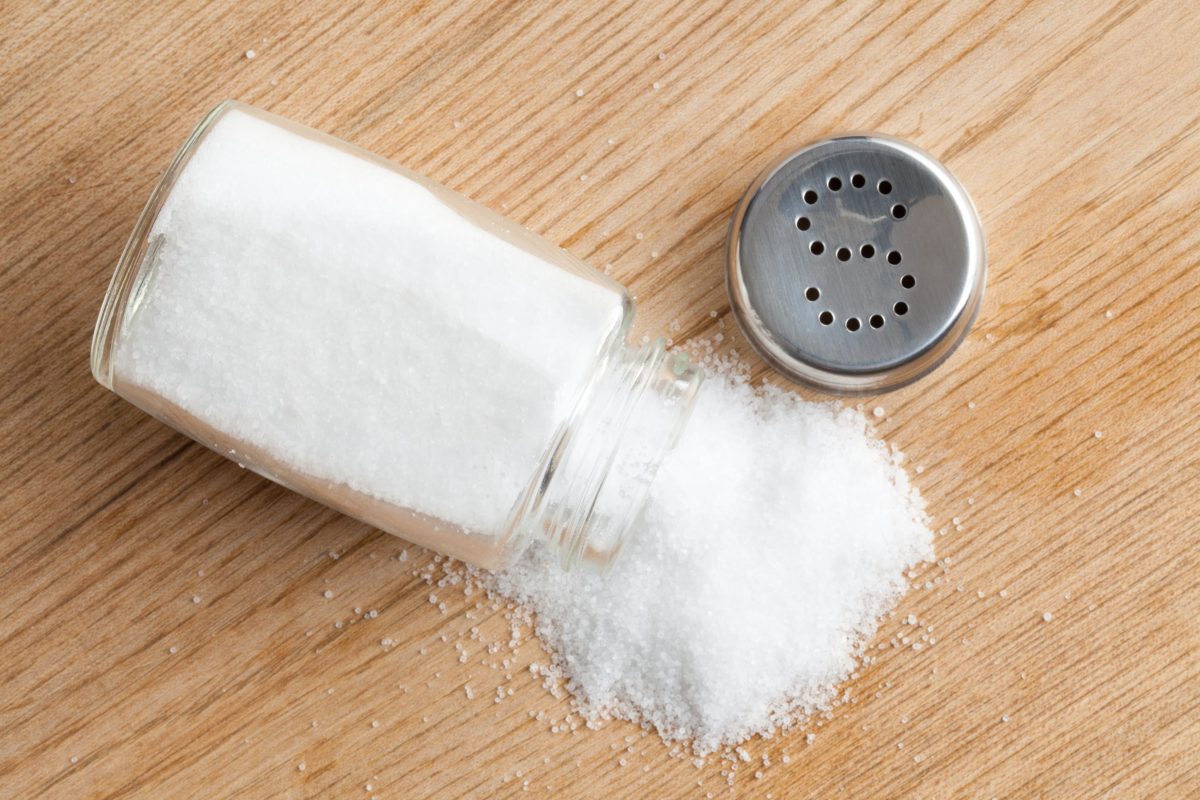
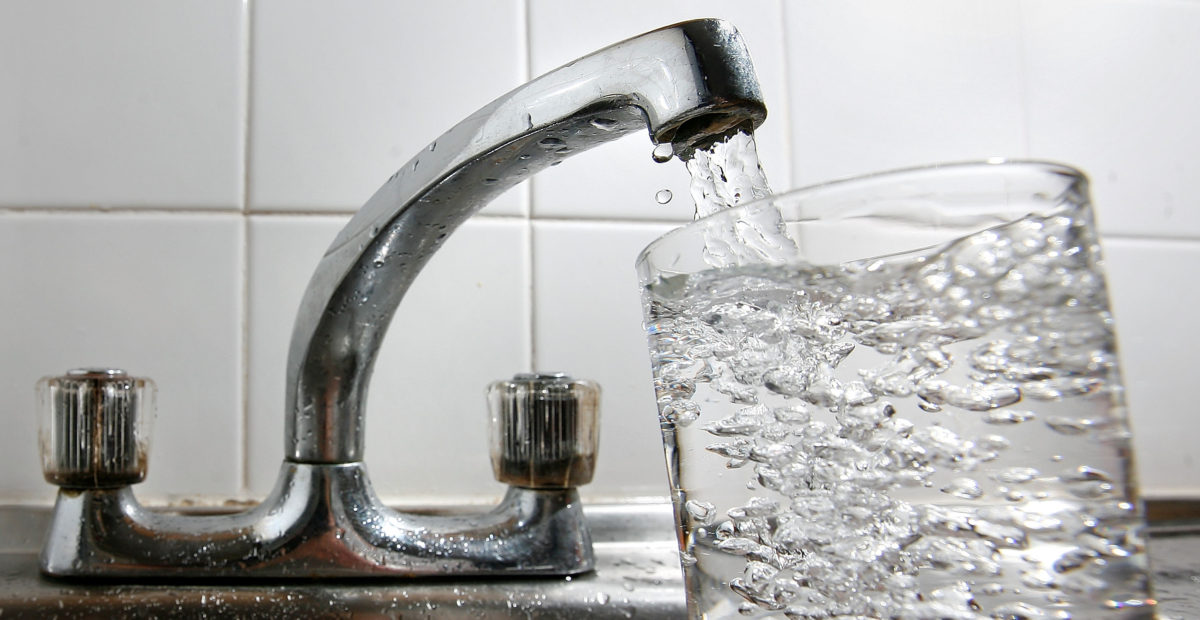 Mustard Powder Instead of DetergentYou can use mustard powder to wash dishes - it will cope well with grease and odors. Mustard can also be used to soften wool and silk items, for which you need to add 30-40 grams of powder to the washing machine tank before washing and set the temperature to no higher than 40 degrees.
Mustard Powder Instead of DetergentYou can use mustard powder to wash dishes - it will cope well with grease and odors. Mustard can also be used to soften wool and silk items, for which you need to add 30-40 grams of powder to the washing machine tank before washing and set the temperature to no higher than 40 degrees.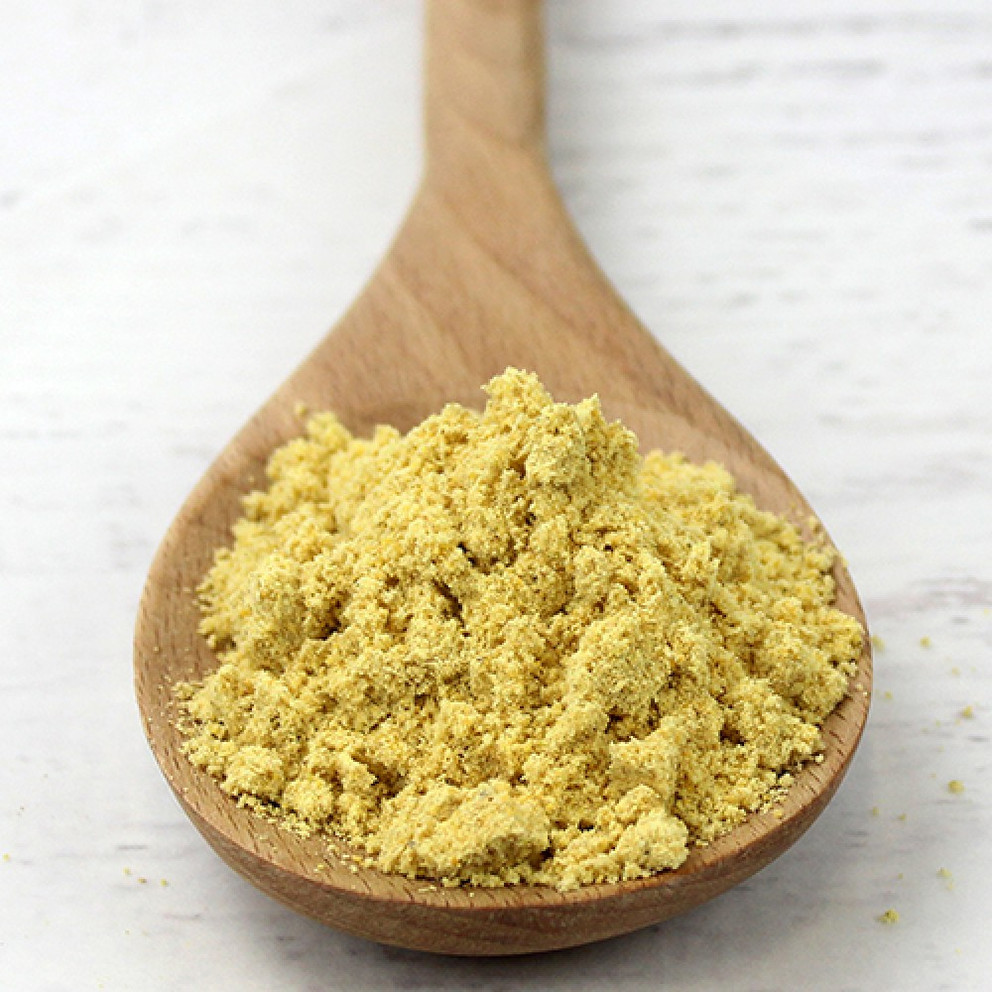 Lemon Lemon was and remains a symbol of freshness,and its cleaning properties are very useful in the household. If you don’t like the smell of vinegar, you can replace it with lemon juice or citric acid solution in most recipes. You can easily clean a cutting board with lemon and salt — sprinkle the board with salt and rub it with half a fresh lemon, leave it for a couple of minutes and rinse off the juice with water. Half a cup of lemon juice and a spoonful of salt will clean rust perfectly.
Lemon Lemon was and remains a symbol of freshness,and its cleaning properties are very useful in the household. If you don’t like the smell of vinegar, you can replace it with lemon juice or citric acid solution in most recipes. You can easily clean a cutting board with lemon and salt — sprinkle the board with salt and rub it with half a fresh lemon, leave it for a couple of minutes and rinse off the juice with water. Half a cup of lemon juice and a spoonful of salt will clean rust perfectly.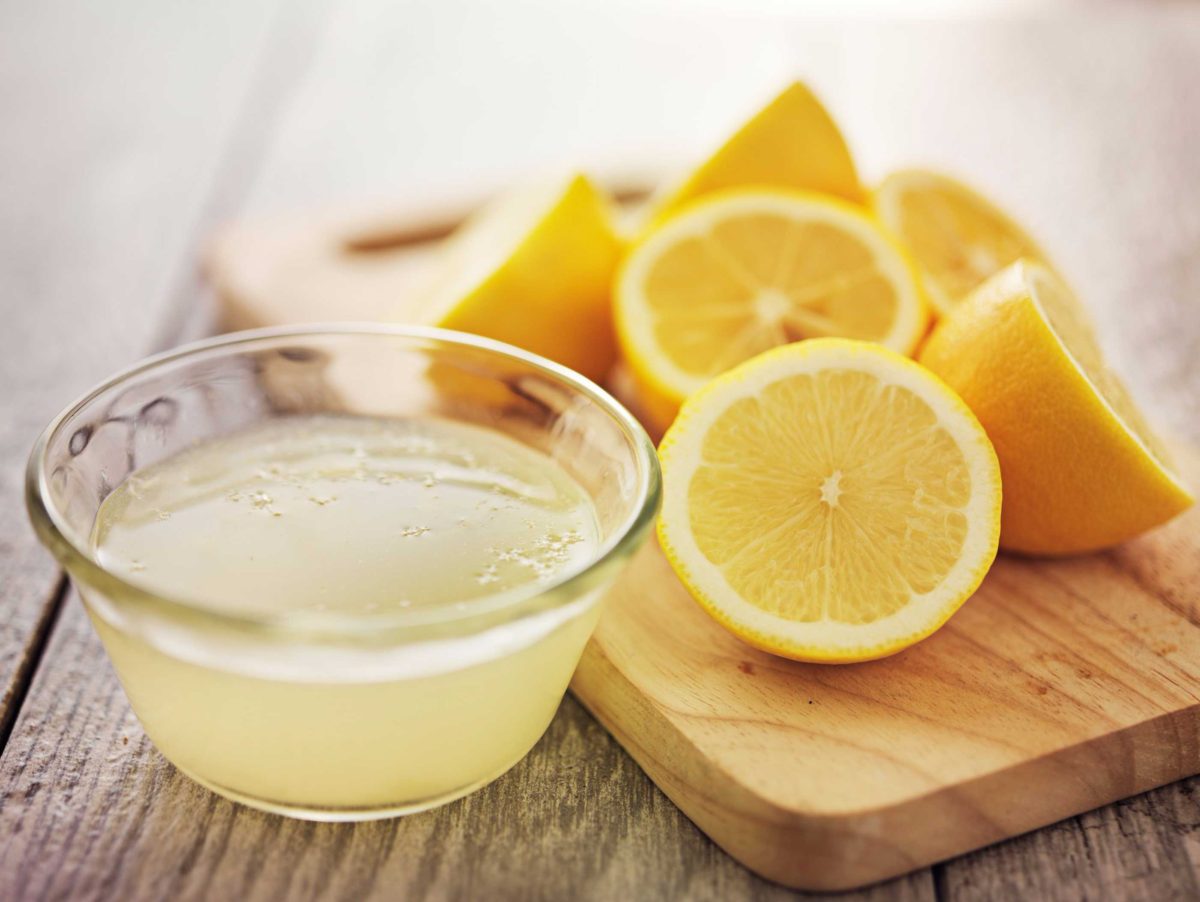 Don't forget that you can add byto your taste — unlike harsh detergents, natural products are unlikely to cause harm in unexpected combinations: add essential oils or replace components with similar properties. For example, a very strong degreasing effect is achieved by boiling dishes or kitchen towels in a solution made from two bars of laundry soap, 100 ml of office glue and 400 grams of caustic soda per bucket of water. The basic principle: acidic compounds wash away limescale, salts, rust and soapstone, and alkaline ones — fat. Soda and salt are often used as natural abrasives.
Don't forget that you can add byto your taste — unlike harsh detergents, natural products are unlikely to cause harm in unexpected combinations: add essential oils or replace components with similar properties. For example, a very strong degreasing effect is achieved by boiling dishes or kitchen towels in a solution made from two bars of laundry soap, 100 ml of office glue and 400 grams of caustic soda per bucket of water. The basic principle: acidic compounds wash away limescale, salts, rust and soapstone, and alkaline ones — fat. Soda and salt are often used as natural abrasives.
5 Eco-Friendly Cleaning Products That Will Replace Your Chemical Closet – etk-fashion.com



